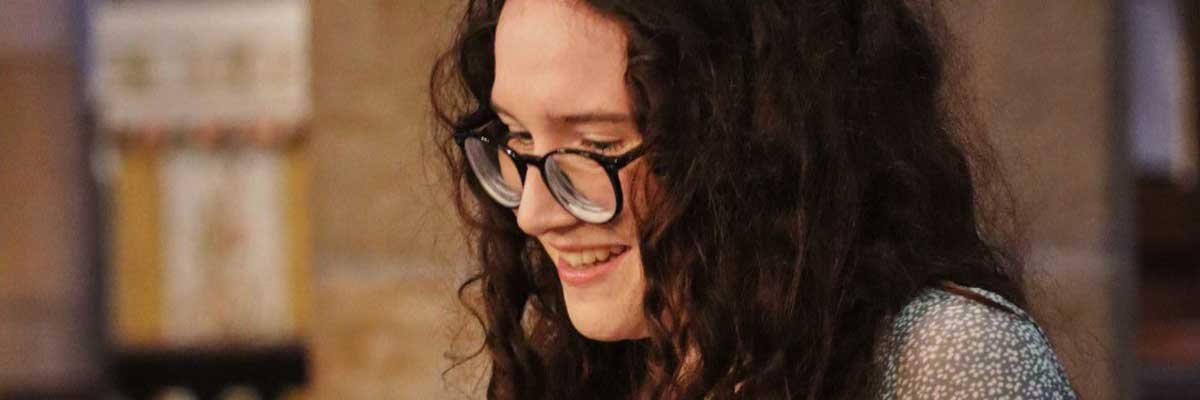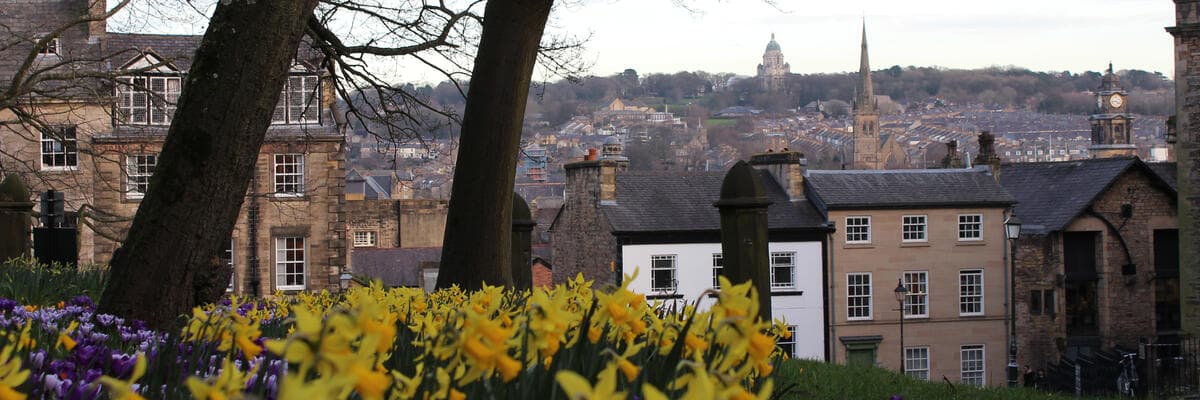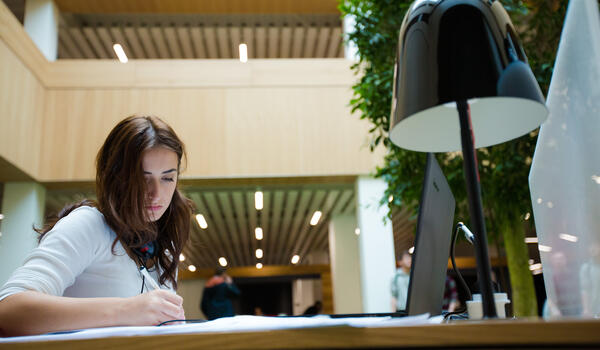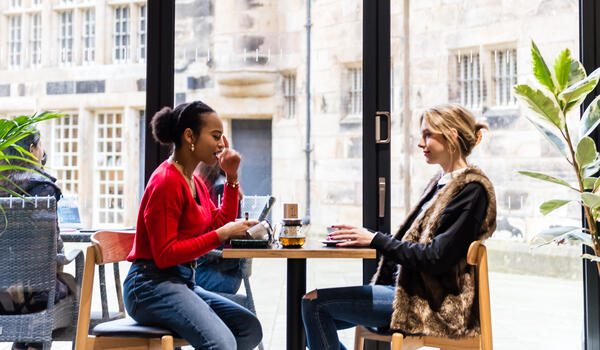Introduction
Creative Writing at Lancaster has a long and distinguished history which dates back to 1970 and includes, in 1997, the world’s first-ever PhD in Creative Writing, awarded to Andrew Miller for his celebrated novel Ingenious Pain (Sceptre). We were there at the very beginning of the discipline, and remain at the fore with our prize-winning author-tutors, our student-centred teaching, our rich programme of free and open-to-all literary events, many in Lancaster’s historic Castle Quarter, our long-running student-run literary journals (Cake and Flash), and our close ties with Lancaster LitFest and the Lakes International Comics Art Festival.
As author-tutors who are regularly publishing, we are actively engaged in various creative industries and so can share with our students not only our craft but our real-world professional know-how. At both undergraduate and postgraduate levels we enable our students to develop their writing in a host of modes and genres including: poetry, the novel, the stage, the short story, creative non-fiction, radio, podcast, science fiction, fantasy, fiction for children and young adults, the graphic novel, and games (both digital and analogue).
Many of our students have gone on to careers as authors themselves – for example:
- Andrew McMillan (BA), winner of The Guardian First Book Award, 2015
- Daisy Johnson (BA), shortlisted for the Man Booker Prize, 2018
- Jennifer Nansubuga Makumbi (PhD), winner of the Windham-Campbell Prize in Fiction, 2018
- Camille Ralphs (BA) author of After You Were I Am (Faber, 2024)

.svg)











